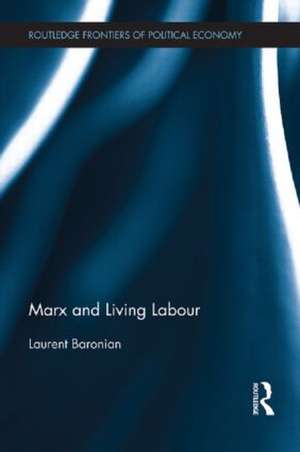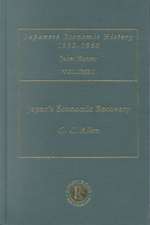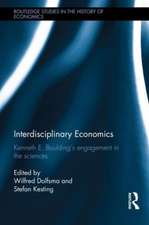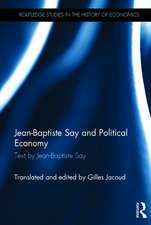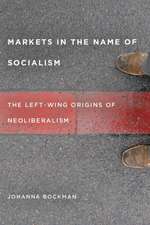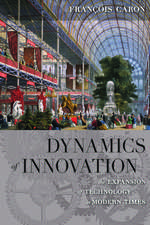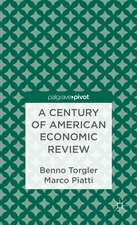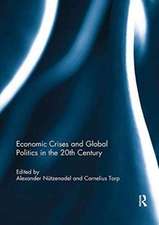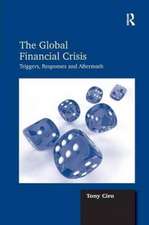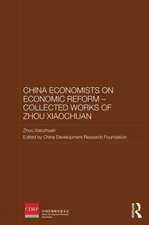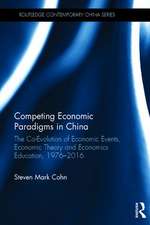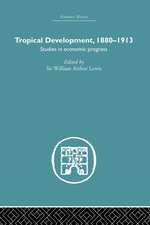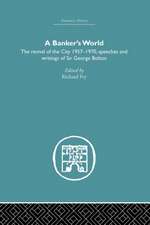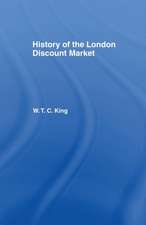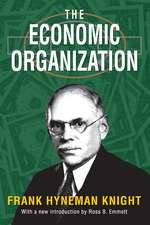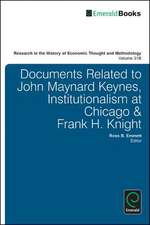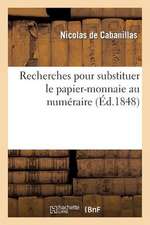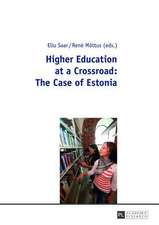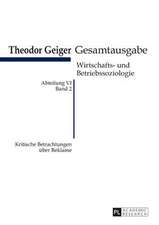Marx and Living Labour: Routledge Frontiers of Political Economy
Autor Laurent Baronianen Limba Engleză Paperback – 4 mar 2015
| Toate formatele și edițiile | Preț | Express |
|---|---|---|
| Paperback (1) | 485.40 lei 6-8 săpt. | |
| Taylor & Francis – 4 mar 2015 | 485.40 lei 6-8 săpt. | |
| Hardback (1) | 1060.87 lei 6-8 săpt. | |
| Taylor & Francis – 16 mai 2013 | 1060.87 lei 6-8 săpt. |
Din seria Routledge Frontiers of Political Economy
-
 Preț: 309.90 lei
Preț: 309.90 lei -
 Preț: 309.79 lei
Preț: 309.79 lei -
 Preț: 316.03 lei
Preț: 316.03 lei -
 Preț: 310.95 lei
Preț: 310.95 lei - 9%
 Preț: 866.82 lei
Preț: 866.82 lei -
 Preț: 309.12 lei
Preț: 309.12 lei -
 Preț: 311.61 lei
Preț: 311.61 lei -
 Preț: 286.99 lei
Preț: 286.99 lei -
 Preț: 327.83 lei
Preț: 327.83 lei -
 Preț: 311.87 lei
Preț: 311.87 lei -
 Preț: 302.76 lei
Preț: 302.76 lei - 9%
 Preț: 938.48 lei
Preț: 938.48 lei -
 Preț: 152.67 lei
Preț: 152.67 lei -
 Preț: 151.97 lei
Preț: 151.97 lei -
 Preț: 318.54 lei
Preț: 318.54 lei -
 Preț: 317.95 lei
Preț: 317.95 lei -
 Preț: 310.01 lei
Preț: 310.01 lei -
 Preț: 326.49 lei
Preț: 326.49 lei -
 Preț: 155.44 lei
Preț: 155.44 lei -
 Preț: 309.79 lei
Preț: 309.79 lei -
 Preț: 328.76 lei
Preț: 328.76 lei -
 Preț: 281.72 lei
Preț: 281.72 lei -
 Preț: 286.58 lei
Preț: 286.58 lei -
 Preț: 386.12 lei
Preț: 386.12 lei -
 Preț: 353.78 lei
Preț: 353.78 lei -
 Preț: 325.09 lei
Preț: 325.09 lei -
 Preț: 310.55 lei
Preț: 310.55 lei -
 Preț: 387.03 lei
Preț: 387.03 lei -
 Preț: 324.87 lei
Preț: 324.87 lei -
 Preț: 312.86 lei
Preț: 312.86 lei -
 Preț: 374.16 lei
Preț: 374.16 lei -
 Preț: 329.09 lei
Preț: 329.09 lei -
 Preț: 348.22 lei
Preț: 348.22 lei - 28%
 Preț: 1047.06 lei
Preț: 1047.06 lei - 18%
 Preț: 1169.45 lei
Preț: 1169.45 lei - 18%
 Preț: 1555.17 lei
Preț: 1555.17 lei - 18%
 Preț: 1048.43 lei
Preț: 1048.43 lei - 18%
 Preț: 1059.84 lei
Preț: 1059.84 lei - 31%
 Preț: 767.47 lei
Preț: 767.47 lei - 18%
 Preț: 731.92 lei
Preț: 731.92 lei - 28%
 Preț: 822.54 lei
Preț: 822.54 lei - 18%
 Preț: 1796.21 lei
Preț: 1796.21 lei - 29%
 Preț: 1184.91 lei
Preț: 1184.91 lei - 18%
 Preț: 1120.23 lei
Preț: 1120.23 lei - 15%
 Preț: 700.95 lei
Preț: 700.95 lei - 18%
 Preț: 1116.31 lei
Preț: 1116.31 lei - 25%
 Preț: 299.52 lei
Preț: 299.52 lei
Preț: 485.40 lei
Nou
Puncte Express: 728
Preț estimativ în valută:
92.91€ • 100.96$ • 78.10£
92.91€ • 100.96$ • 78.10£
Carte tipărită la comandă
Livrare economică 21 aprilie-05 mai
Preluare comenzi: 021 569.72.76
Specificații
ISBN-13: 9781138904125
ISBN-10: 1138904120
Pagini: 256
Ilustrații: 9 black & white illustrations, 2 black & white tables, 9 black & white line drawings
Dimensiuni: 156 x 234 x 15 mm
Greutate: 0.36 kg
Ediția:1
Editura: Taylor & Francis
Colecția Routledge
Seria Routledge Frontiers of Political Economy
Locul publicării:Oxford, United Kingdom
ISBN-10: 1138904120
Pagini: 256
Ilustrații: 9 black & white illustrations, 2 black & white tables, 9 black & white line drawings
Dimensiuni: 156 x 234 x 15 mm
Greutate: 0.36 kg
Ediția:1
Editura: Taylor & Francis
Colecția Routledge
Seria Routledge Frontiers of Political Economy
Locul publicării:Oxford, United Kingdom
Public țintă
Postgraduate and UndergraduateCuprins
Introduction: The living labour in the critique of political economy Part I: The Labour and its Forms 1. Living Labourand its Objective Forms (commodities and money in history) 2. The Necessity of Money 3. The Historical Making of Living Labour as a Commodity (transition to capitalism) Part II: The Capital-Labour Relationship 4. The Role of Labour in a Capital Theory and the Transformation Problem 5. Co-operation, Abstract Labour and General Intellect 6. The Appropriation of Living Labour and the Capatalist Law of Population Part III: The Curculation of Capital 7. The Formulas of Capital Circuit in the History of Economic Thought 8. The Problem of Constant Capital in Crisis Theory (The weight of dead labour in the 2008 crisis)
Notă biografică
Laurent Baronian is Assistant Professor in Economics at the Université Paris 3, Sorbonne-Nouvelle, France.
Descriere
This book argues that the category of living labour, whose central role is a direct result of the definition of social labour as a set of production activities, provides a basis for the originality of the categories of Capital, their mode of presentation and also the nature of Marx’s critical method.
